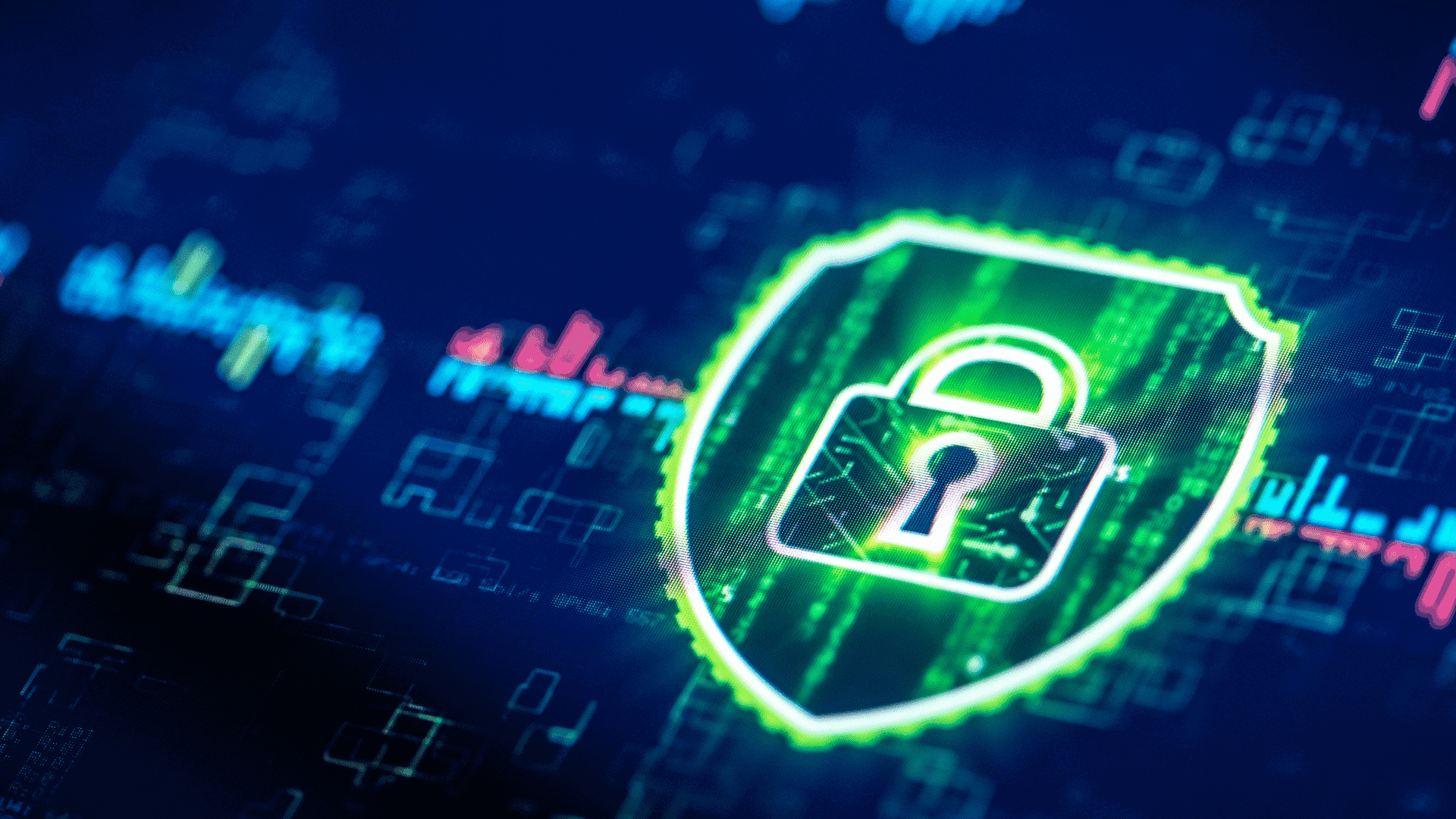In This article
Applying artificial intelligence (AI) in security systems has transformed how businesses protect their assets, people, and operations. Rather than relying solely on human observation or manual analysis, AI-driven security systems utilize machine learning, computer vision, and data analytics to identify threats, automate monitoring, and provide real-time insights.
Use Cases
AI in security empowers systems to go beyond recording footage or logging events. It enables surveillance tools to analyze behavior, detect anomalies, and trigger automated alerts when suspicious activity occurs. This capability instills confidence in businesses, helping them respond faster to threats, reduce false alarms, and optimize security operations across multiple locations.
Key areas where AI enhances security include:
- Video Analytics: AI enables security cameras to recognize people, vehicles, motion patterns, and unusual behavior. Cameras can detect activities like loitering, line crossing, or unattended objects, and immediately flag them for review.
- Facial Recognition: Some AI systems identify individuals based on facial features, helping verify access rights or flag banned individuals attempting to enter restricted areas.
- License Plate Recognition (LPR): AI technologies scan and catalog vehicle license plates entering or exiting a property, aiding in traffic control, access verification, and incident investigation.
- Behavioral Analysis: AI can identify activities that deviate from normal patterns, such as a person running in a restricted area or a group gathering unexpectedly in a sensitive zone.
- Automated Alerting and Escalation: When AI detects predefined triggers, it can send immediate alerts to managers or personnel, supporting quicker, more informed responses.
Benefits of AI in Security
In addition to physical security, AI is used in cybersecurity to detect anomalies in network traffic, recognize phishing attempts, and identify unauthorized access attempts. Across both digital and physical environments, AI enables a more proactive and intelligent approach to protecting business assets.
Benefits include:
- Faster threat detection with fewer missed incidents compared to manual monitoring.
- Reduced false positives by distinguishing between genuine risks and harmless activities.
- Continuous monitoring without the fatigue or human error associated with manual surveillance.
- Data-driven insights that help improve operational practices, staffing decisions, and facility layouts.
- Improved incident investigation, with AI-assisted search functions allowing quick review of relevant footage.
Integrating AI into security operations does require careful planning. Businesses must define the behaviors or risks they want the system to monitor, ensure their AI tools are appropriately trained and configured, and strike a balance between automation and human oversight to maintain judgment and context.
Privacy considerations are also critical when using AI technologies, particularly when involving facial recognition or biometric data. Transparent policies, access controls, and data protection measures help organizations use AI responsibly while safeguarding the rights of employees, customers, and visitors.
Combining human expertise with AI-driven insights results in a more robust security posture. AI does not replace security teams but augments their ability to see more, respond faster, and make better-informed decisions.
Elevate Security with AI Solutions from DTiQ
The DTiQ 360iQ platform integrates AI-powered analytics with video surveillance, incident management, and operational oversight to help businesses detect risks faster and act more precisely. Whether monitoring high-traffic retail locations, protecting sensitive assets, or improving safety protocols, DTiQ delivers the intelligent security solutions you need to stay ahead of threats. Want to learn more? Schedule a demo.




























